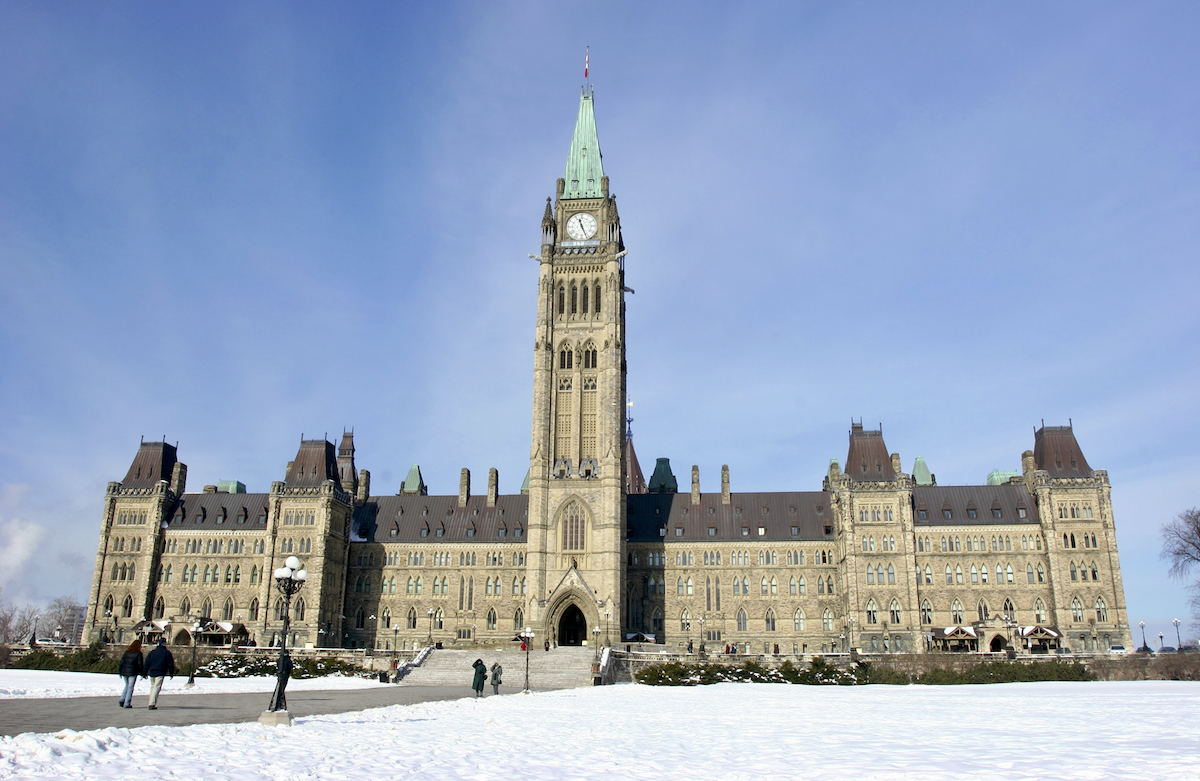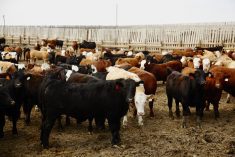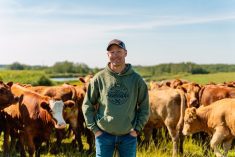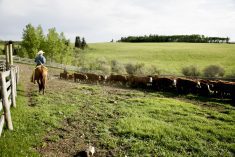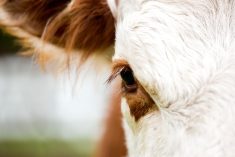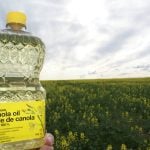These update columns have generally been about what the CCA is doing to optimize markets, regulations, legislation and the overall industry conditions for beef cattle producers. I thought a bit more of the “how” we do those things would be of interest.
A good portion of our policy work focuses on Ottawa. New or up-for-renewal regulations are put forward by departments and agencies. The Canadian Food Inspection Agency (CFIA) is responsible for a lot of the regulations covering our production. Our interactions with the CFIA range from the president and chief veterinary officer on overall issues to the lead regulations manager for specific files. High-level meetings are important and we have a good relationship to be able to speak on what we see as needed and what is working. While our recommendations are not always enacted, we do get to ensure focus is being put on the files we believe deserve priority.
When it comes to the regulation renewal or drafting though, we are one participant among many. Industry associations like ours are well-informed about the thinking behind regulatory proposals and that helps our input. However, all other input is weighed by the government as well. This can feel frustrating, but this transparency is better than the alternative.
Read Also
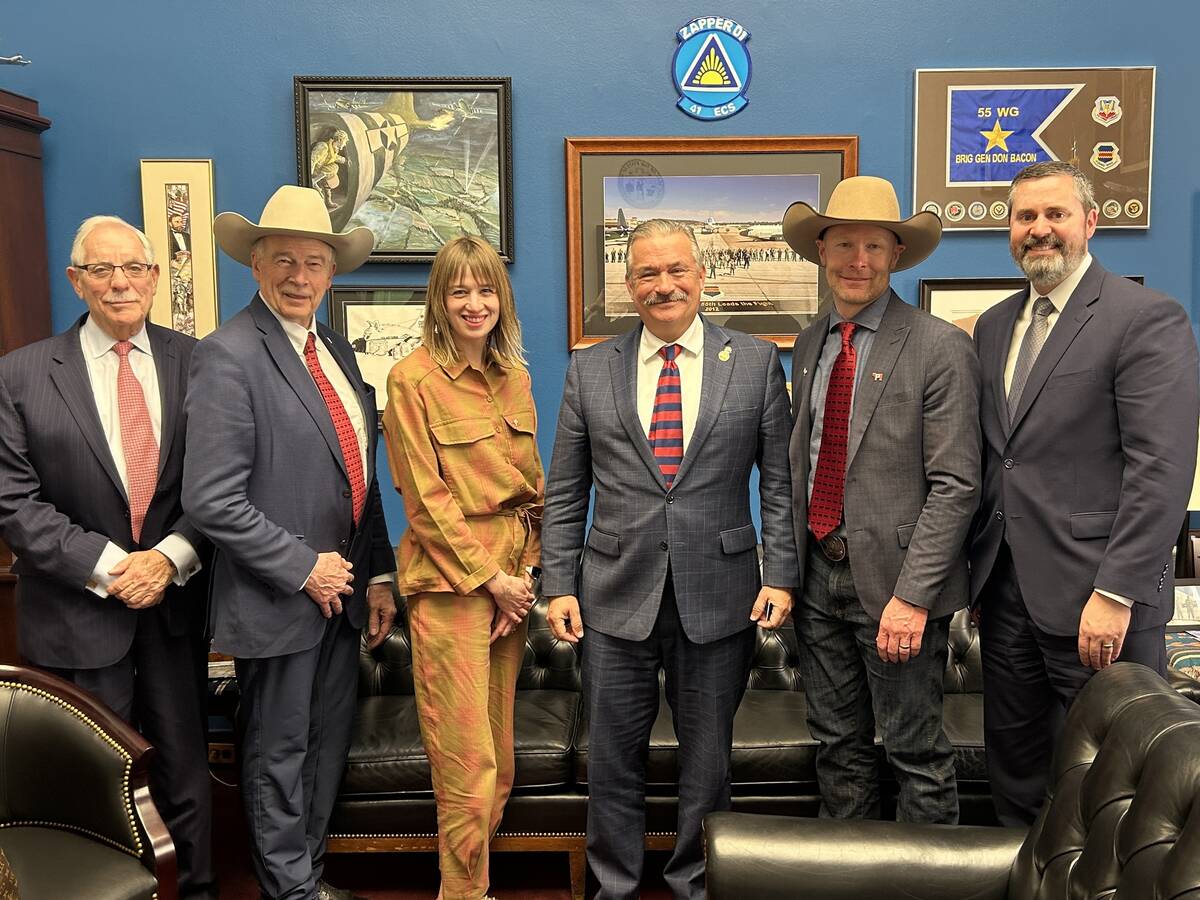
Advocating for Canadian cattle producers in the United States
Canadian Cattle Association president writes about how the association advocates for Canadian beef producers within the U.S.
Legislation is a different kind of conversation. Bills in Parliament go through several stages, so when one is flagged to be of interest to the industry, we make sure MPs are aware of what we see as anticipated impacts. Often, we will appear at committee meetings of MPs or senators. These are public and anyone can watch live or go back and hear the participants’ comments on the bills. In this session of Parliament, it has mainly been private members’ bills we have been working on. We also give input on budgets and fall economic statements.
Many groups and their respective positions are brought forth in these processes. Some of them would be aligned or positive for beef cattle producers, while others are not. If we had not shown up, taken the time to give thoughtful advice and answered questions from MPs, senators and department staff, I don’t doubt that bills and regulations would have had more negative effects on cattle producers.
It is often surprising to me just how much our voice is needed. The beef production chain is so long and varies greatly from cow-calf through to retail. Strikes, transport, traceability, trade policy, immigration policy, labour policy, consumer health policy and communications are only some of the areas that can affect producers across the country. Even the Fisheries Act reaches into cattle country, so we are participating in that act’s review.
Our industry can be affected by events outside of Canada, too. International rules get brought back to Ottawa and blended into or form the basis of Canadian laws and regulations. If we wait until those international rules are set, then we are stuck with the ramifications. Instead, in recent years we have leaned into participating in international forums. It was made clear we needed to show up, as beef and cattle production were increasingly portrayed as problems for the environment and human health. We know better. We see the positives for the environment and habitat when we check our herds and see all the different species that share the land. We see the waterways and wetlands that we rely on for feed and pasture production. We know the value of the nutritious and delicious products we deliver around the world. But others would tell a different story.
This is why we send spokespeople to the Food and Agriculture Organization (FAO) committee on agriculture meetings, the World Food Forum, Climate Conference of the Parties (COP) and Biodiversity COP meetings. These are the right places to be where new policies are proposed. Our presence ensures Canadian beef cattle production is not painted as an environmental villain. And that anti-meat voices are not alone in talking about nutrition policy. We have seen some shifts in how livestock production is presented and valued at the FAO and other international organizations. We have seen our own government use our resources and spotlight our people at these meetings. This is well-placed effort.
The other area we must engage in is trade. We work with our government often in trade missions to importing countries. Being the face and voice of Canadian producers can feel daunting, but it is valued by our customers. Our presence ensures Canadian beef exports are highlighted by our ministers and their staff. We also work in export markets, especially the United States where over 70 per cent of our exports are bound, to ensure discussions about Canadian beef and cattle production are fact-based. We have high-quality beef to export that competes at the top end of the spectrum, and we import live cattle from many states. These are important pieces of information that are not always considered when policy discussions take place in the U.S. and elsewhere.
We tend to assume that others know the same things about our industry as we do — but time and time again I see that it is not so. A lot of the time our work is to bring awareness of how proposed regulations will affect our industry. Other times it’s about highlighting the benefits of raising beef cattle. The more troubling situation is when there is misinformation about Canadian cattle or beef that can affect our industry. Countering those efforts is something I am proud to do on your behalf and I am glad CCA’s long tradition of doing that continues.

